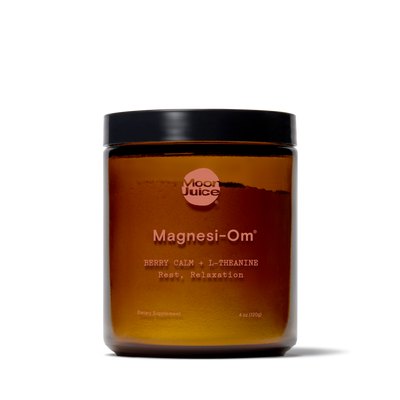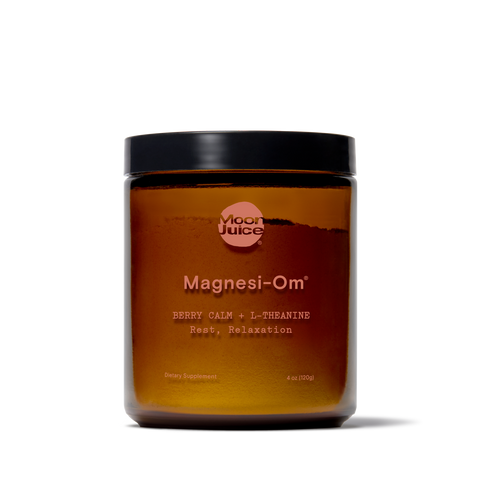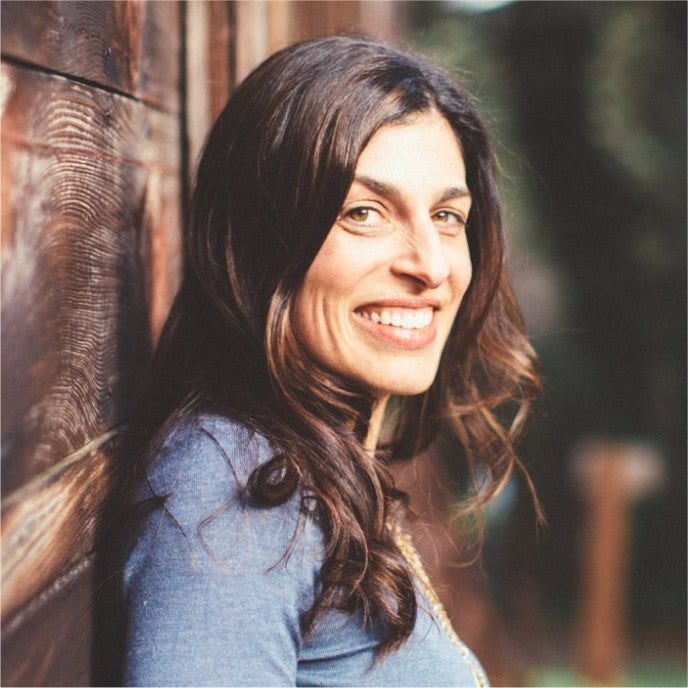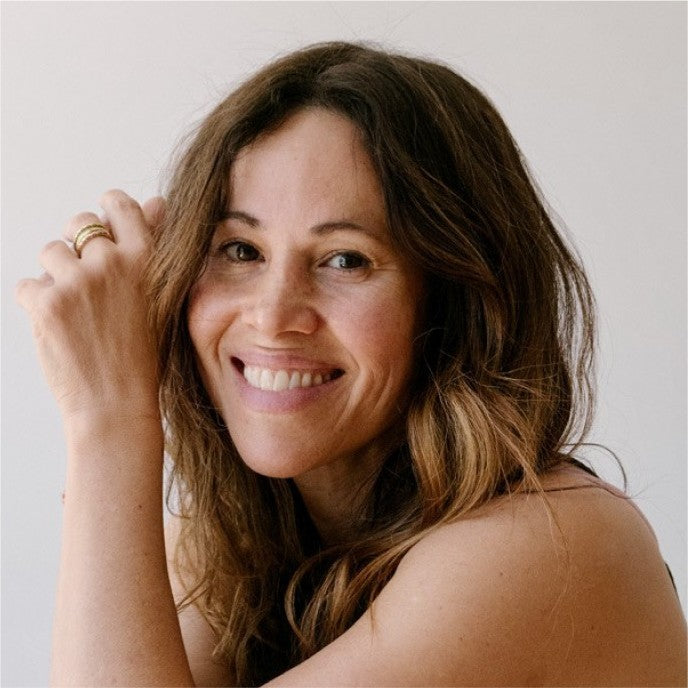“Some people find that they love being a full moon bleeder and other people prefer to be a full moon ovulator. In some of the folklore, it means different things, allegedly. But I just think that as long as it feels good to you, it is great.
I'm not sure exactly where the folklore comes from, but it's some sort of pagan cultural practice. The idea is that if you ovulate on the full moon and menstruate on the new or no moon, that you're in a reproductive, maternal, energetic sphere. And if it's the inverse, if you are ovulating on the new moon and bleeding on the full moon, it's that you're in more of a creatrix zone.
“The idea is that if you ovulate on the full moon and menstruate on the new or no moon, that you're in a reproductive, maternal, energetic sphere.”
It's really interesting because women will have an experience where they were not in their reproductive moment and they will have this sort of ovulation on the new moon thing happening. Then when they do make the internal desire around wanting to create a child, that somehow that switches and they're now ovulating on the full moon. So it's an interesting thing.
If we look at it just from, let's say, the lunar perspective alone and not the folkloric perspective, then it's like the same patterns that we see in nature. The ovulation and the full moon sort of have this natural alignment, because the ovary is releasing this egg and it's going on this journey. And then the remaining body during the luteal phase is like the waning moon. And then we bleed on the new moon and we go dark into our internal winter like the new moon.
There are so many ways to look at it, but the fundamental problem is that we can't know if this is a real phenomenon or not for most women because most of us live in such light-polluted environments, whether that be in your own home due to blue light or just in the cities that you live in. There are studies coming out just saying that the light pollution that you might be exposed to in the town that you live in could contribute to metabolic disorders. This light pollution does more than just disrupt, let's say, our cyclical relationship to lunar phases. It's pretty profound. So I think it's hard for most women to find a lot of alignment with a lunar rhythm with their cycle, and that's okay. I wouldn't want anyone to feel like there's something missing from their cyclical health if it doesn't have any alignment with the moon. There is no health value to that per se that we are aware of.”
Sign Up, Nerd Out
Get wellness tips, education, and recipes
delivered straight to your inbox.
Get wellness tips, education,
and recipes delivered
straight to your inbox.
Want more? This is an excerpted transcript from our interview with Alisa Vitti, HHC — listen or watch here!














